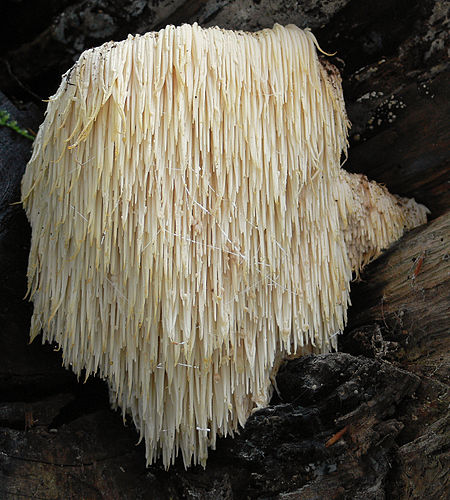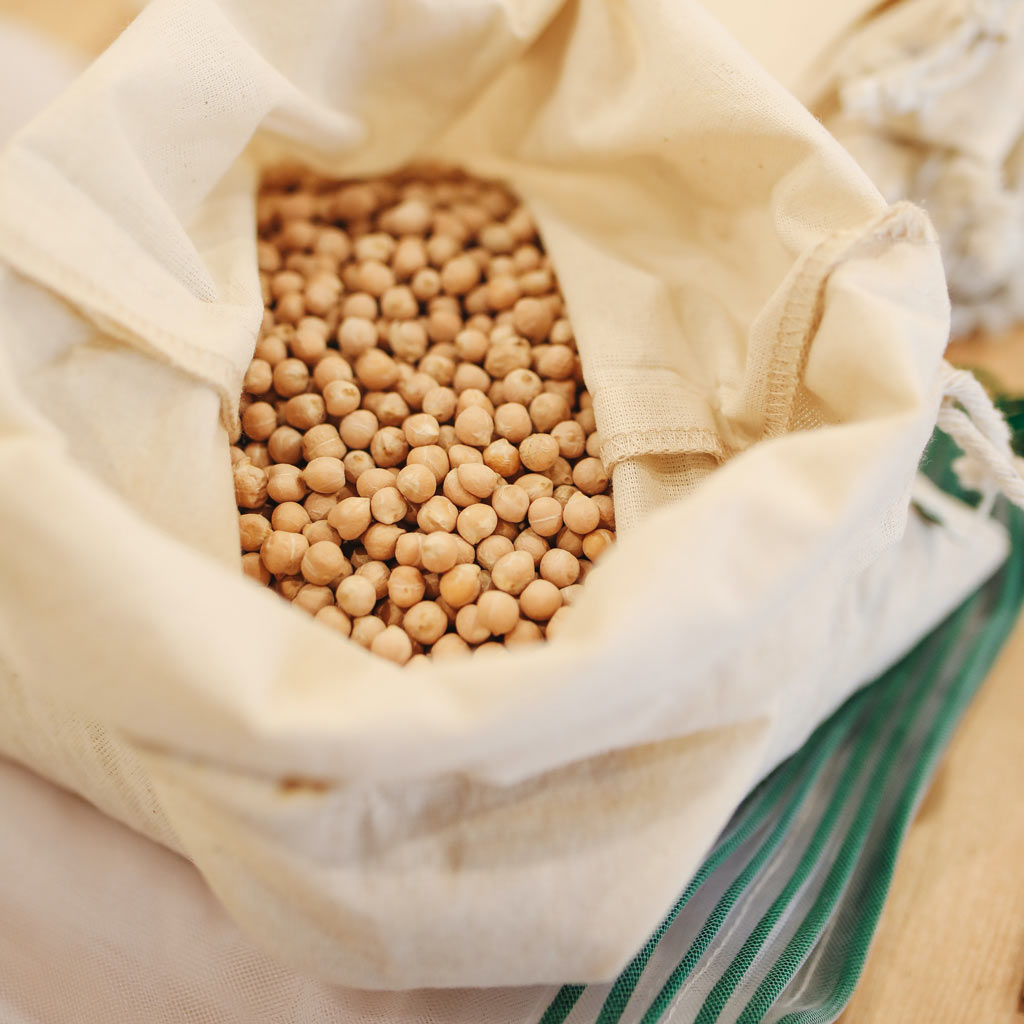A lion’s mane to prevent memory loss
The edible mushroom Hericium erinaceus is increasingly becoming the focus of dementia research. Thanks to its bioactive substances such as hericenone and erinacine, the mushroom exhibits a variety of neuroprotective properties. These have already been proven in clinical studies with Alzheimer's patients, where they led to an improvement in cognitive abilities.







